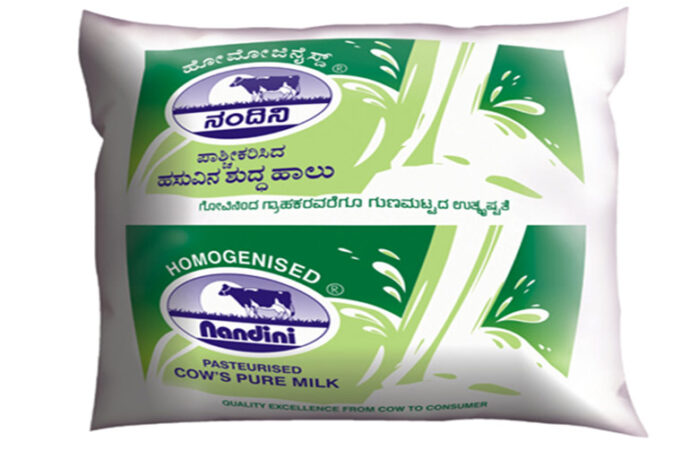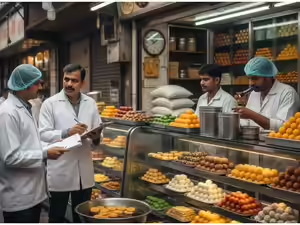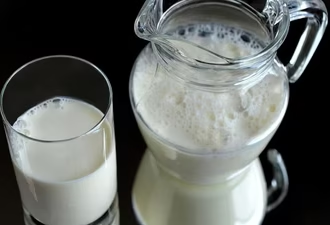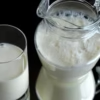Report
In a bold step to combat plastic pollution, Bengaluru Milk Union (Bamul) has started supplying Nandini milk in biodegradable sachets. Until recently, the dairy cooperative packaged Nandini milk in polythene covers, which take centuries to decompose and cause significant environmental harm. Although the government enforced a plastic ban, it exempted milk packaging due to the absence of viable alternatives. Now, Bamul has stepped up to fill that gap, becoming the first to introduce an eco-friendly solution in the Indian dairy sector.
Eco-Friendly Pilot Project Near Bengaluru
Bamul launched this initiative at its newly established mega dairy plant near Shivanahalli, close to Kanakapura off Bengaluru. As part of a pilot project, the plant currently uses around two lakh biodegradable sachets every day to pack milk and curd in quantities ranging from 200 ml to one litre. Previously, dairies in the region used 20 to 25 lakh plastic sachets daily, adding significantly to Bengaluru’s growing urban waste problem. Bamul’s transition marks a meaningful step toward addressing this issue.
Biodegradable Sachets Offer Faster Decomposition
While conventional plastic sachets take over 500 years to break down, Bamul’s new biodegradable covers decompose in about six months, similar to natural organic materials. This faster breakdown process greatly reduces the long-term environmental impact of milk packaging. Bamul uses corn-based materials and advanced imported technology to produce the biodegradable sachets. Although they closely resemble traditional plastic covers in appearance and function, these eco-friendly sachets cost slightly more to manufacture. Nevertheless, Bamul remains committed to continuing the initiative in the interest of sustainability and the public good.
A Timely Launch Aligned with World Environment Day
The cooperative timed the launch of the biodegradable packaging to coincide with this year’s World Environment Day on June 5. With this initiative, Bamul becomes the first milk federation in India to introduce biodegradable milk packaging. By doing so, the organisation sets a powerful example for other cooperatives and private players in the dairy industry. This pioneering move not only demonstrates environmental responsibility but also provides a practical solution to the mounting plastic waste crisis in urban areas.
Source: Food Beverage News
 Food Manifest
Food Manifest 


















